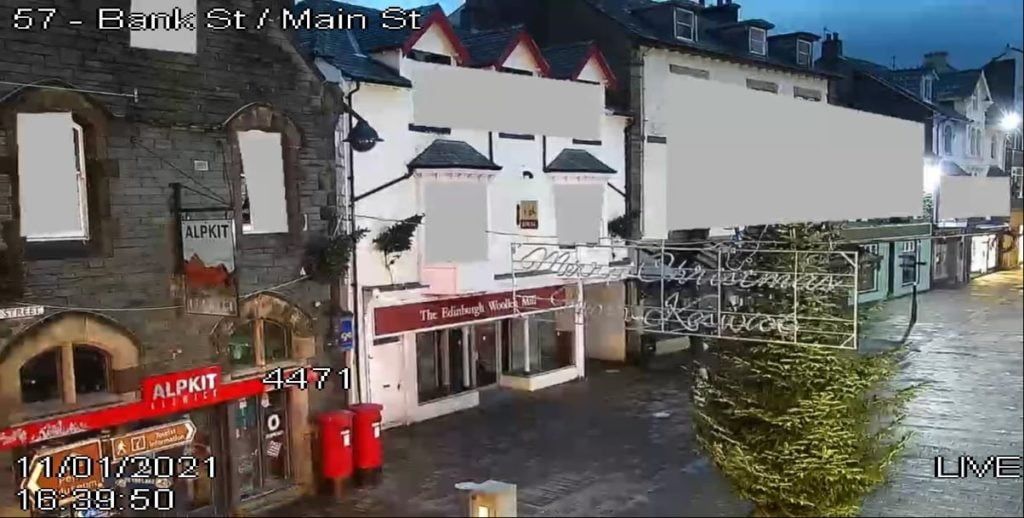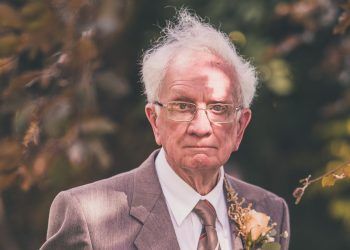
Allerdale residents are being watched by more CCTV cameras than they were in 2019, new figures show.
CCTV cameras have become ubiquitous in the UK’s public spaces, with the country one of the most surveilled in the world.
Figures obtained through freedom of information requests by Ironmongery Direct show there were seven cameras controlled by Allerdale Borough Council in summer this year – up from six in 2019.
Across the county, there were 391 cameras controlled by Cumbria County Council in summer this year.
Data from local authorities that provided figures for both years shows the number of cameras used across the UK has increased 15 per cent over three years, from 79,022 to 91,081.
Councils were asked how many CCTV cameras they had in operation as of July 2022, and how many they operated in 2019.
Of the 384 local authorities across the UK, 311 were able to provide data for both years, and a further 31 provided figures for 2022 alone.
Corps Monitoring, a security firm, said that the national rise in CCTV may be due to a fall in the cost of equipment in recent years, alongside the wider availability of high-speed internet.
The London Borough of Hackney had the highest number of cameras of any local authority in the UK, with 3,119 – also holding the top spot in 2019.
Meanwhile Gwynedd, in Wales, saw the largest increase (363 per cent) in the number of CCTV cameras of anywhere in the UK.
Of the councils that were able to provide data, seven in 10 had increased their surveillance, with 16 more than doubling their CCTV presence.
Big Brother Watch, a group that campaigns against public surveillance, said that the number of CCTV cameras on the UK’s streets was “out of control”, and raised concerns about the potential use of facial recognition to track people.
The use of facial recognition by some UK police forces has sparked controversy in recent years, with groups including Big Brother Watch saying they are worried about the potential for bias and racial profiling through the technology.
There is little available evidence on whether facial recognition is also being used by local authorities.
Silkie Carlo, director of Big Brother Watch, said that the Government should commission an independent review into “the scale, capabilities, rights and ethics” of CCTV in the UK.
But Corps Monitoring says that the wider availability of CCTV cameras is an asset to people and businesses looking to improve their security.
In January, the Government updated its code of practice for surveillance cameras, saying that any cameras should be only used for a “specific purpose”, and that operators should be as transparent as possible regarding how they are used.








